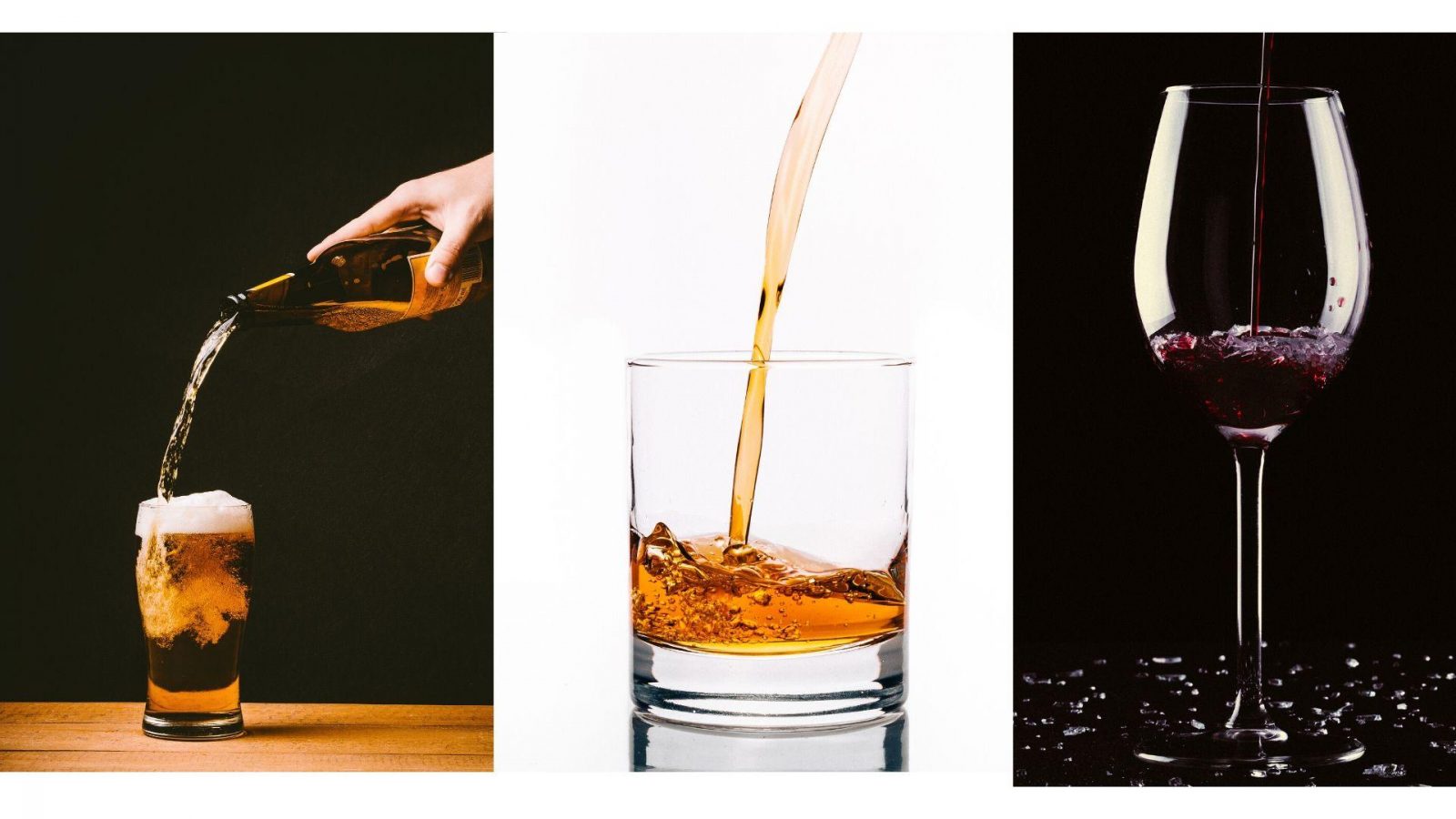News | Announcement
How Does Alcohol Affect You? Take Stock During Alcohol Awareness Month

April is Alcohol Awareness Month, and it’s something everyone should pay attention to. But maybe not for the reason you’re thinking.
“People are programmed to think either I am or am not an alcoholic. That’s an unhelpful choice,” says Paula Lamanna, LCSW, CASAC, Addiction Services Coordinator and member of the Behavioral Health Integration (BHI) team at Ryan Health. “We should be asking instead if this is something to talk about, to find ways to mitigate any problems alcohol may be causing.”
The main thing to remember, Lamanna says, is how alcohol affects you individually. Not everyone will have a problem with alcohol, or a physical reaction to alcohol, or use alcohol to avoid dealing with other issues. Solutions addressing alcohol use are also individually based – no two people are the same.
If you have concerns about how much you drink or just want to talk to someone, let your Ryan Health provider know, and she or he will refer you to see an addiction services counselor. Our counselors will conduct an assessment of your drinking, and discuss what your goals are. For instance, do you want to quit drinking altogether, or just cut back? Is drinking impacting your work life or your home life, and do you want to change that? Is there another reason for your alcohol use, one that you may not even be aware of, such as depression or other life changes?
The main thing to remember is that Ryan Health counselors are coming from a place of no judgment. Our purpose is support, and our goals are your goals. We won’t push you in a direction you don’t want to go. Any plan is made with your input and is centered around you. We want to have an open conversation about changes you want to make.
It is important to note, however, that for some people, alcohol addiction is more serious, and there are medications to help you stop drinking. These are a few medications for chronic alcoholism:
- Antibuse can help keep you from drinking due to the unpleasant side effects of the medication if you consume alcohol while on it. In short, you will get sick. It also doesn’t interact well with some everyday products that contain alcohol, like mouthwash, cough medicine, or some foods.
- Naltrexone is a daily pill that changes the way the receptors in your brain react to alcohol. You won’t get sick, but you won’t get the same enjoyment from drinking alcohol. Naltrexone is nonaddictive, and allows people with alcohol addiction to stop or reduce drinking behaviors enough to remain motivated to stay in treatment
- Vivitrol is a monthly injection of naltrexone to reduce heavy drinking with the same benefits of the daily pill.
In extreme cases, people with physical manifestations of alcohol addiction — they might be shaking or have tremors — can check themselves into any emergency room for treatment. The law says they must be admitted whenever they go for detox.
“Because alcohol is socially acceptable, people might not be aware of the damage it can do,” Lamanna says. “But it can have a similar impact that other drugs do, even if it seems safe.”
More information on moderate alcohol use, including a helpful guide on standard drink sizes, is available from the Centers for Disease Control and Prevention (CDC) HERE.
This article is for informational purposes only. Any discussion herein of medical conditions or treatment is not intended as a substitute for advice from a physician or qualified healthcare professional.